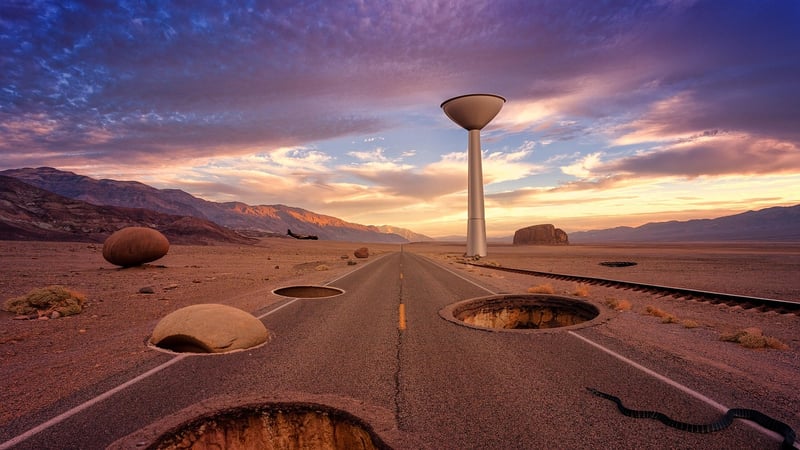Future Dystopia
Exploring Different Eras and a Future Dystopia
A Glimpse into the Past
Traveling through time to explore different historical eras can be an exciting journey. From the ancient civilizations of Egypt and Rome to the Renaissance period and the Industrial Revolution, each era offers a unique perspective on human history and cultural development.
Ancient Egypt
Step back in time to the land of the pharaohs, where majestic pyramids, intricate hieroglyphics, and powerful rulers shaped one of the most fascinating civilizations in history.
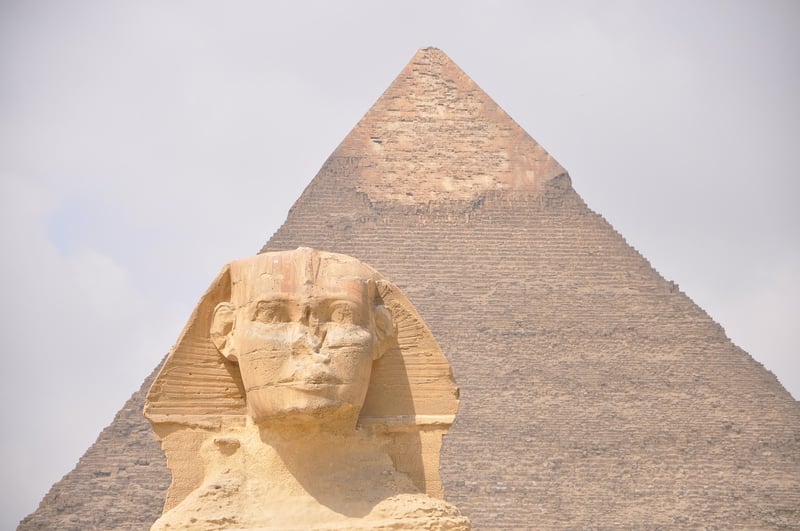
The Renaissance
Experience the rebirth of art, science, and literature in Europe during the Renaissance. This period marked a cultural revival that gave birth to masterpieces by artists like Leonardo da Vinci and Michelangelo.
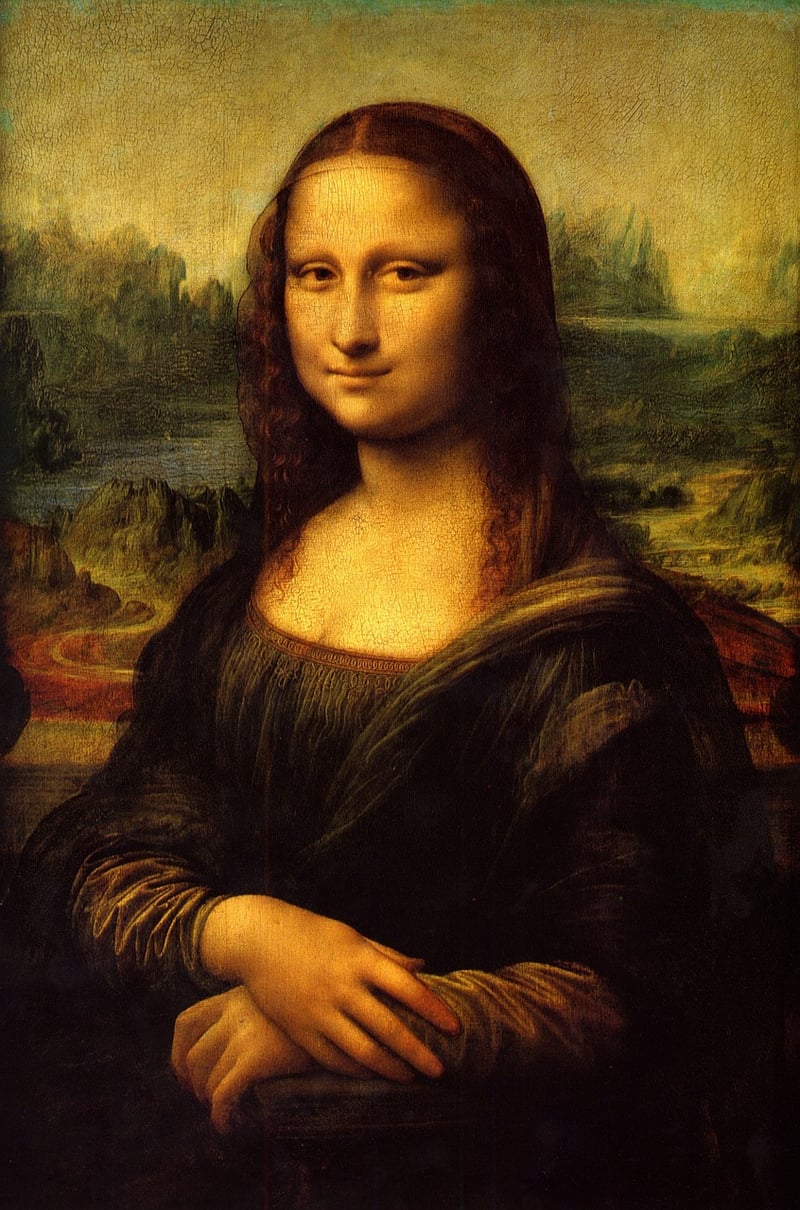
Imagining a Future Dystopia
While exploring the past is captivating, looking ahead to a future dystopian society can be equally intriguing. Imagining a world plagued by oppressive governments, environmental collapse, or technological tyranny sparks a sense of caution and curiosity.
Dystopian Society
In a dystopian society, citizens may face strict control, limited freedoms, and constant surveillance. The portrayal of such worlds in literature and cinema, like George Orwell's "1984" or Aldous Huxley's "Brave New World," serves as a warning about the dangers of unchecked power.

Environmental Collapse
Imagining a future where environmental degradation has reached catastrophic levels can be a wake-up call to the importance of sustainable practices and conservation efforts. The consequences of neglecting our planet's well-being could lead to a dystopian reality.
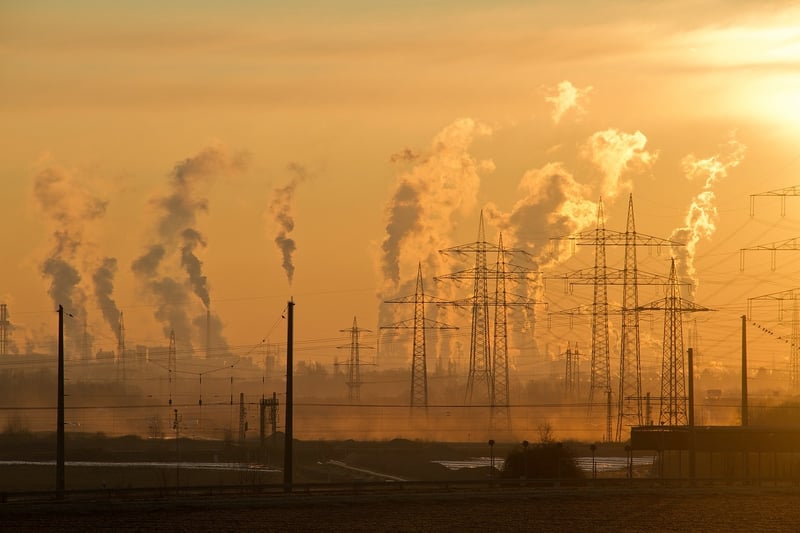
Technological Tyranny
With the rapid advancement of technology, envisioning a future where artificial intelligence controls every aspect of human life raises ethical questions about the intersection of innovation and humanity. The potential risks of technological tyranny are a central theme in many dystopian narratives.
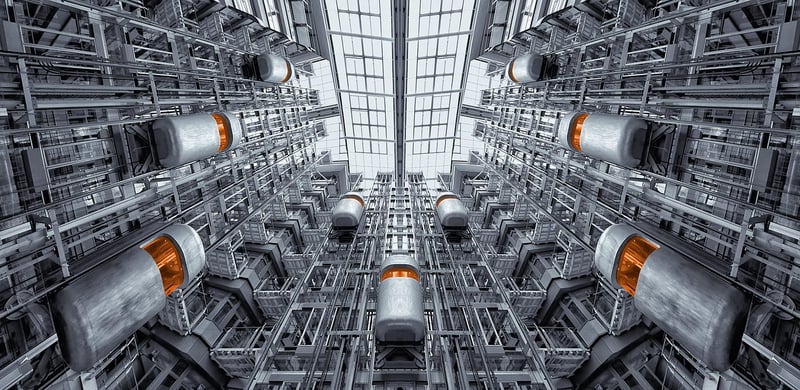
Exploring different eras and contemplating a future dystopia offers a profound insight into the trajectory of human civilization. By learning from the past and reflecting on potential future scenarios, we can strive to create a more sustainable and equitable world for generations to come.
Remember, while the past informs us and the future challenges us, it is the present moment where our actions truly matter.
